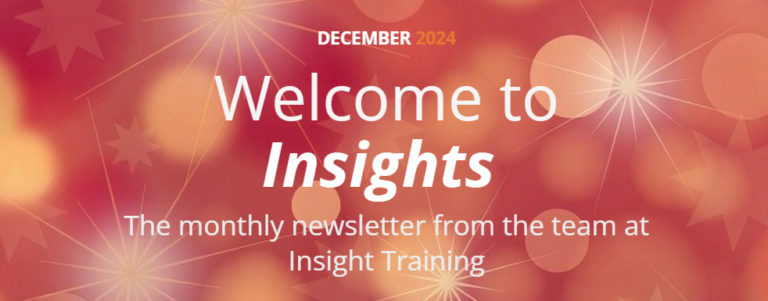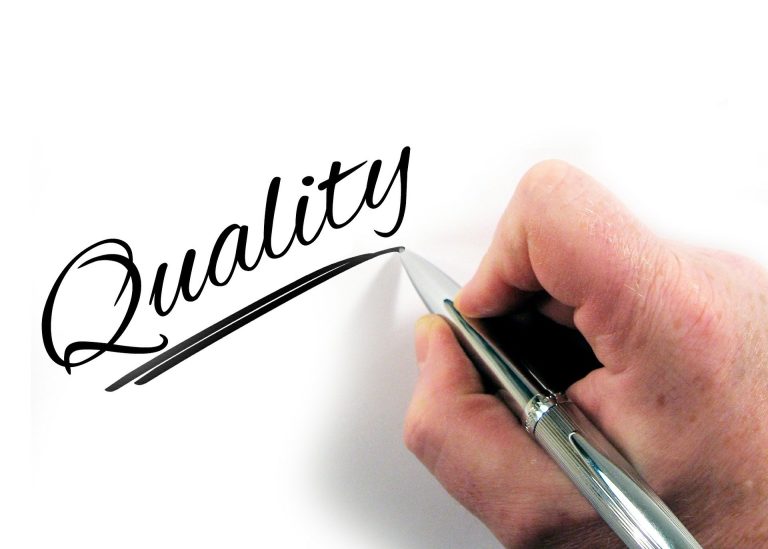Big Picture thinking or Detail Orientation – what works best and why does it matter?
We all do things differently and that can be a sticking point when working with others – in particular, if you are allocating and delegating work. So often when things go wrong, it’s the briefing of the task that could be improved. Your understanding of the task you’ve been given, or the juniors understanding of the task you’ve delegated is different. What you thought was obvious just wasn’t obvious to the other person.
And it’s not just about your approach to tasks or projects; there are underlying personality differences that shape how we perceive the world, process information, and approach decision-making.
There are many different aspects to personality, and understanding yourself better and how other people see the world differently can be extremely helpful in communicating effectively. Big picture thinking versus detail orientation is an interesting aspect to explore.
So, first, which are you?
Big Picture Thinkers often:
- Think strategically – focusing on the larger goals and overarching strategies and the future implications of their actions
- Feel energised by possibilities and potential
- See patterns in complex problems
- Enthusiastically come up with new ideas and projects
- Have a low tolerance for routine work
- Are good at outlining what needs to be done, but find the details exhausting
- May be able to inspire others with their vision, passion and optimism
- Might be described as ‘right-brained’
Detail Orientated thinkers often:
- Have an excellent attention to detail but may miss the big picture
- Thrive on analysis and precision
- Have a keen eye for spotting discrepancies and scrutinising data and uncovering insights that others might overlook
- Approach tasks systematically, following established procedures to achieve consistent results
- Are diligent and methodical in their work
- Are organised and efficient
- Prefer to edit or tweak a plan than come up with it from scratch
- May be risk averse
- May be described as ‘left-brained’
Few people are simply one or the other and it’s likely that you can spot things in both of the lists above that might describe you. It’s also likely, though, that one list was more appealing than the other, a better fit.
What works best?
Well, probably unsurprisingly, a bit of both! While big picture thinkers and detail-oriented individuals may have divergent approaches, both perspectives are valuable and necessary in various contexts. The challenge is to find harmony between the two ‘types’, leveraging the strategic vision of big picture thinkers and the precision of detail-oriented individuals.
What can go wrong?
As humans we instinctively deal with the world, and others in it, in a way that works for us. So big picture thinkers are likely to start with, just that, the big picture which might come across as vague and woolly to the detail focussed. They would prefer to build up to the big picture through the detail. This can be equally frustrating for a big picture thinker who needs a structure to slot the details into.
So, next time you’re giving or receiving a briefing, try to give a bit of both. How about what has been described as ‘the News at Ten technique’.
- Tell them what you’re going to tell them (big picture)
- Tell them (the details)
- Tell them what you’ve told them (back to the big picture to summarise)
This can be particularly useful when briefing more junior members of staff. A common theme with ‘Gen Z’ – the newest generation in the workforce – is that they seek work with purpose. And a common complaint from the managers and partners they work for is that they just aren’t as committed as juniors once were. Try giving them a bit of ‘big picture’ first – who the client is, what they do, how important the work they are doing is to the firm. And how the work they’re doing can help them to progress. It might make all the difference.
Nicky Clough, May 2024





